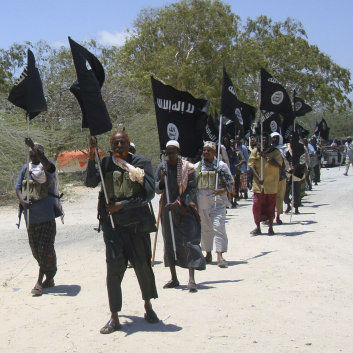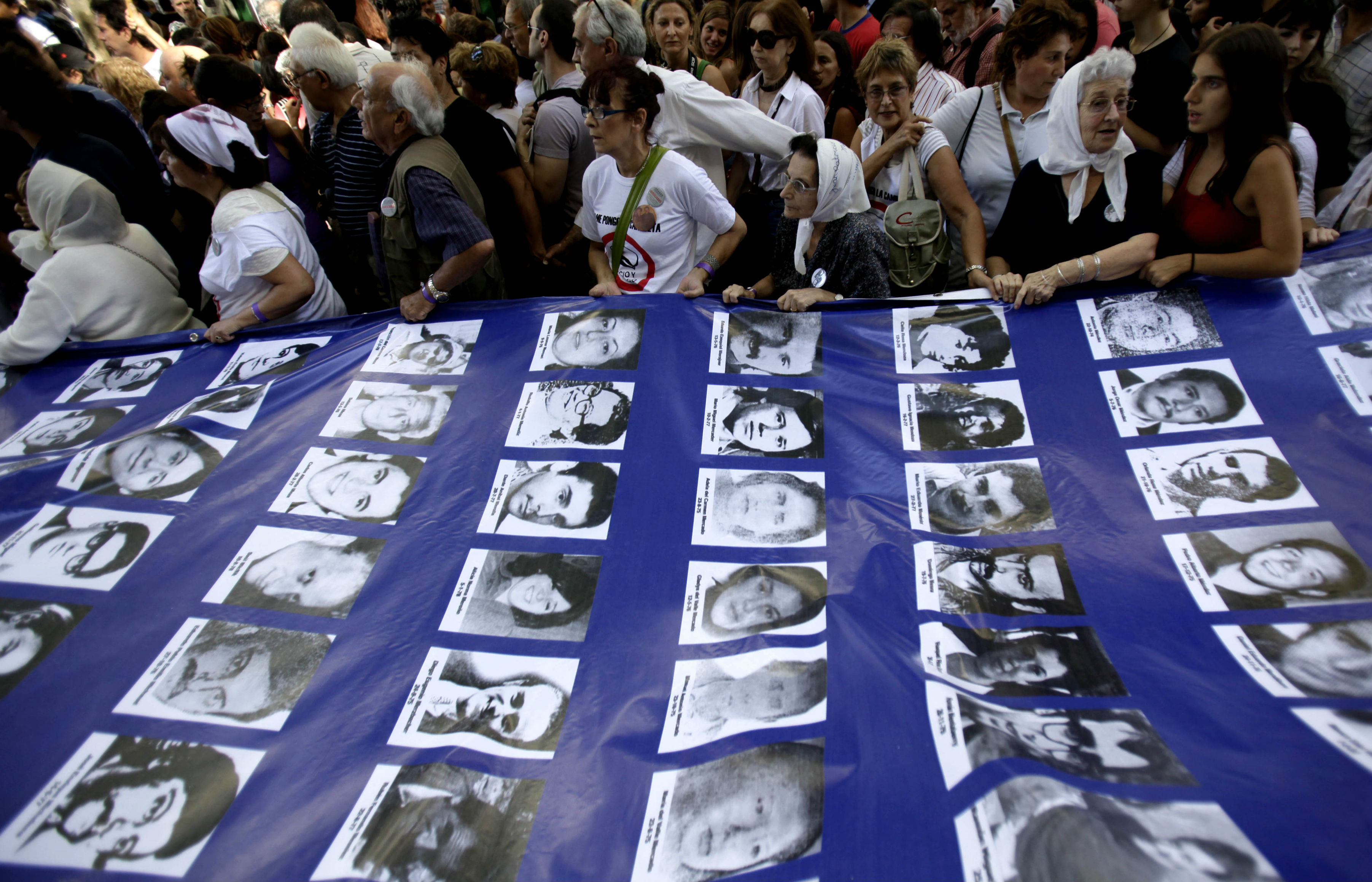Following the recommendation of Pope Francis, documents pertaining to Argentina's ‘dirty war’ housed in the Vatican and in the Argentine Church's archives will be made available for review.
The aim of cataloguing, digitalising and making public the materials to those affected by the military regime's atrocities was to serve "truth, justice and peace, continuing dialogue open to the culture of encounter," said a joint statement released yesterday (25 October) by the Vatican Secretariat of State and the Argentine bishops' conference.
In Buenos Aires, Cardinal Mario Aurelio Poli told a news conference: "We believe this service is a service to the homeland and for the reconciliation of Argentines. We are not afraid of the archives. The archives contain the truth of history."
The joint statement said the criteria required for those seeking permission to consult the documents was to be detailed shortly, but it specified that only those who were victims, immediate family members of the disappeared or detained and, "in the case of religious or clerics, also their major superiors" were allowed to have access to the materials.
It said members representing the Vatican secretariat and the bishops' conference met at the Vatican on 15 October to evaluate the now-completed collection dating from 1976 to 1983 stored in the archives of the national bishops' conference, the Vatican's Secretariat of State and the apostolic nunciature in Buenos Aires.
It said the process of cataloguing had been "carried out in conformity with the decisions and indications of the Holy Father". The project was "a continuation of work already begun years ago by the Argentine bishops' conference," it said.
Pope Francis was a priest in Buenos Aires during Argentina's 1976-1983 military dictatorship; he served as the provincial superior of the Jesuits in Argentina between 1973 and 1979. The clandestine war led by government security forces saw as many as 30,000 Argentines kidnapped, tortured, murdered or disappeared, never to be seen again.
Many priests were killed by the military for their work. Other priests involved themselves with the dictatorship. In 1996, Argentina's bishops admitted they did not do enough to stop atrocities during that period.
The Association of Mothers of the Plaza de Mayo (pictured above), which advocates for justice in the name of their children who were disappeared during the war, has said the Church's silence was harmful.
Hebe de Bonafini, one of the association's founders, had a private two-hour meeting with Pope Francis in May. A once-fierce critic of then-Archbishop Bergoglio, she told journalists she had been mistaken about his role during the regime's reign and learned that "he had played a role on the side of the people" by working behind the scenes to save suspected dissidents.
The Pope also met in 2014 with Estela de Carlotto, founder of the Grandmothers of the Plaza de Mayo - a group that had asked the Pope to open up Church archives to find information identifying or locating children who were taken from their mothers while they were under military detention.




 Loading ...
Loading ...